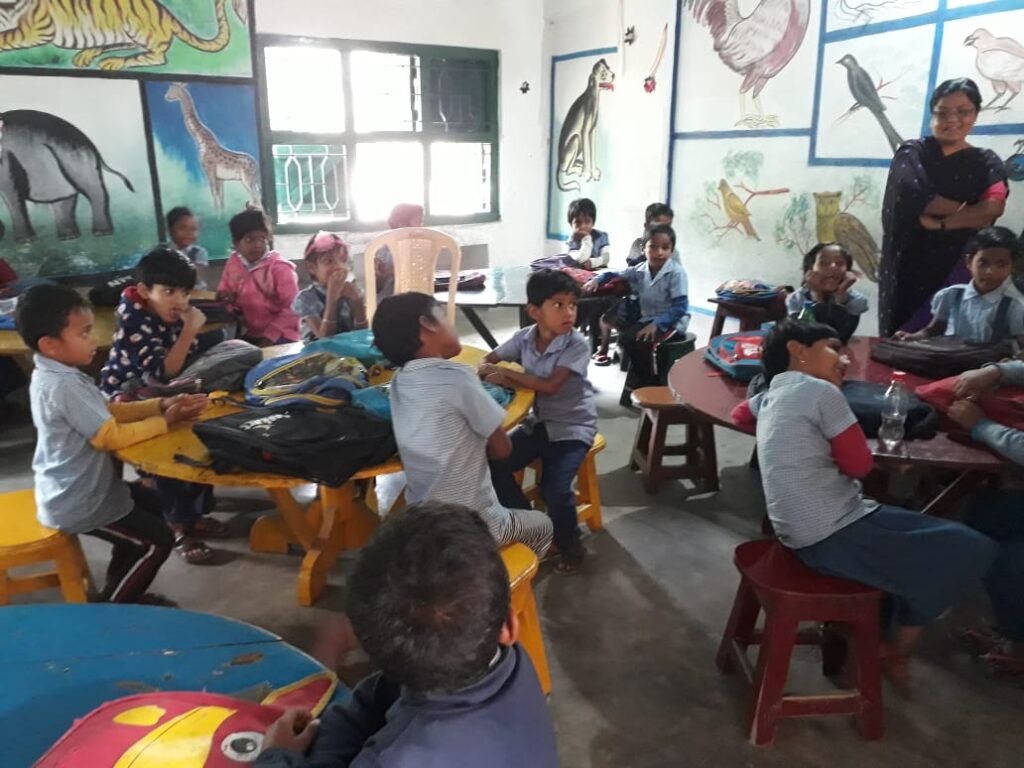- +91-9331077284
- [email protected], [email protected]
- 12, Watkins Lane, Howrah - 711101
Archives
Categories
Campaign detail

Primary Education
Access to quality education is a basic human right, and every child deserves the opportunity to learn and grow, regardless of their background. In West Bengal, many underprivileged children face significant barriers to access primary education including poverty, discrimination and social marginalization. As a society, we have a responsibility to address these challenges and create a more equitable and just education system.
One potential solution is through partnerships between non-governmental organizations, corporate sector and philanthropists. By working together, these groups can pool their resources and expertise to create high-quality educational programs that are accessible to all. For example, NGOs could help to identify and enroll children who are most in need, design educational programs in tune with the State’s education policy and effectively administer such programs through their volunteers and mentors while the corporate sector and the well-meaning people of the society can provide with the financial help to run such programs smoothly, creating a more inclusive and supportive learning environment for all children.
Here comes the role of local volunteers to serve as teachers and mentors for underprivileged children. By tapping into the expertise and knowledge of community members, we can create a more personalized and culturally responsive learning environment that meets the unique needs of each child. This approach not only helps to improve educational outcomes, but also promotes community engagement and empowerment, creating a sense of ownership and investment in the education system.
In addition to community-based approaches, we can also leverage technology to expand access to education. For example, online platforms and virtual classrooms can provide remote learning opportunities for underprivileged children who may not be able to attend traditional schools. By partnering with local organizations and community leaders to provide access to technology and resources, we can create a more flexible and adaptable education system that meets the needs of all children.
Ultimately, ensuring access to free primary education for underprivileged children in West Bengal requires a multi-faceted approach that involves a wide range of stakeholders. By working together, we can create a more equitable and just education system that promotes social mobility, reduces poverty and empowers the next generation of leaders and innovators.
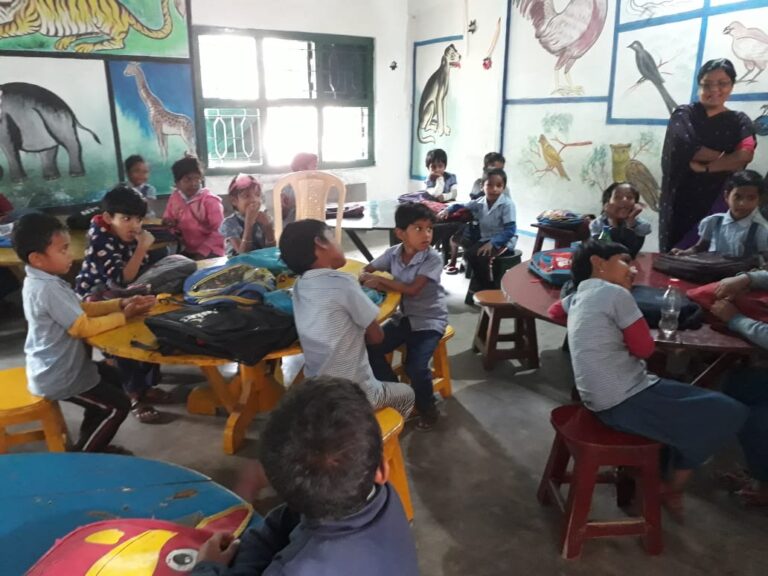
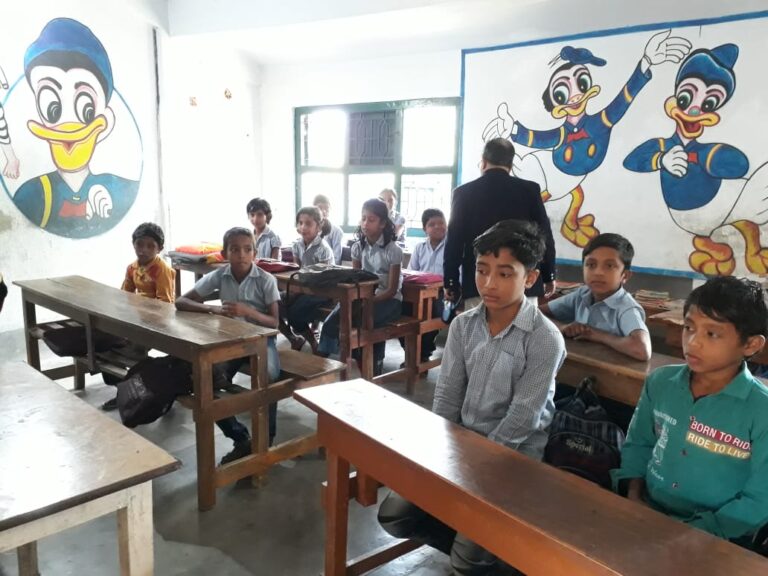
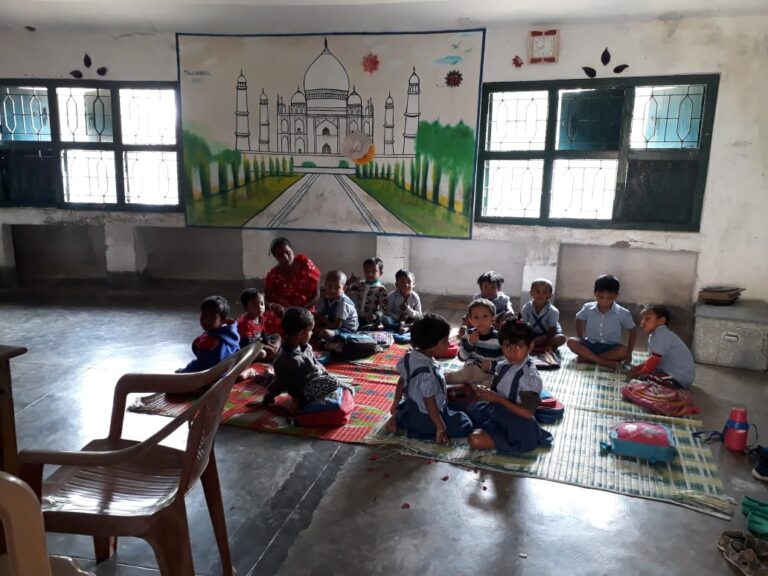
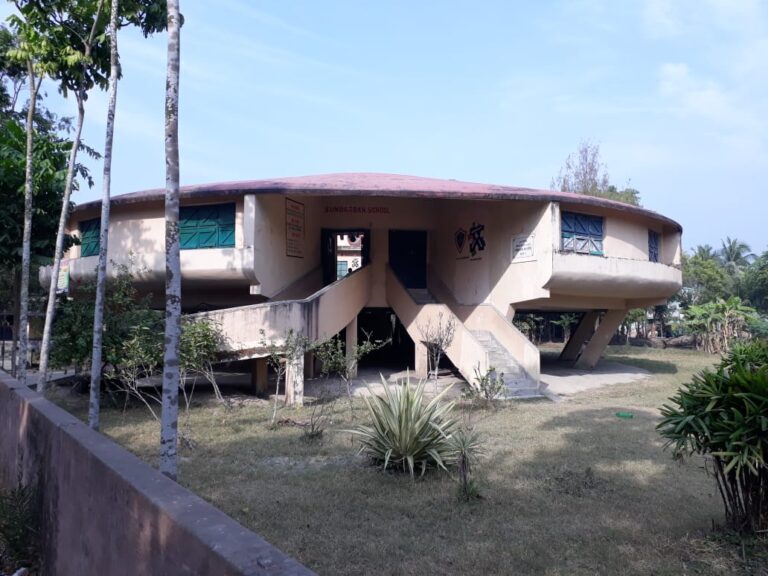
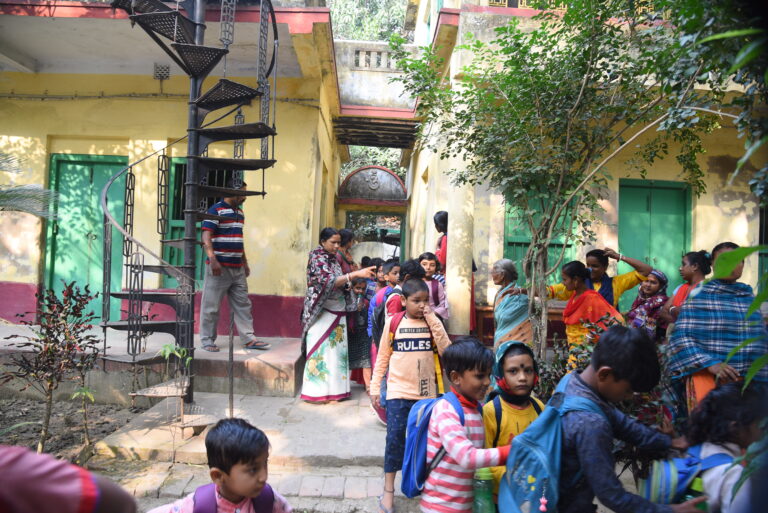
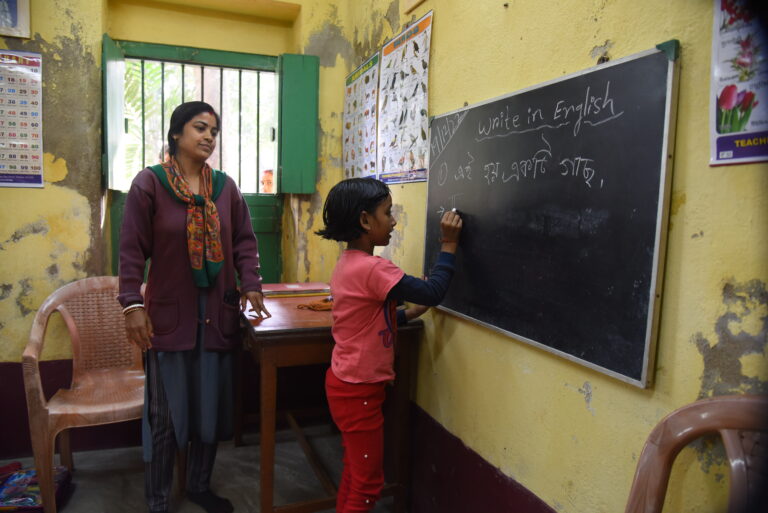
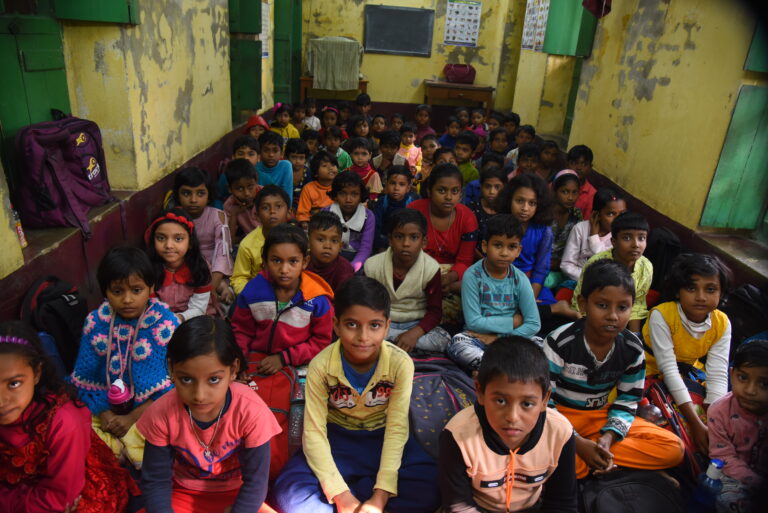
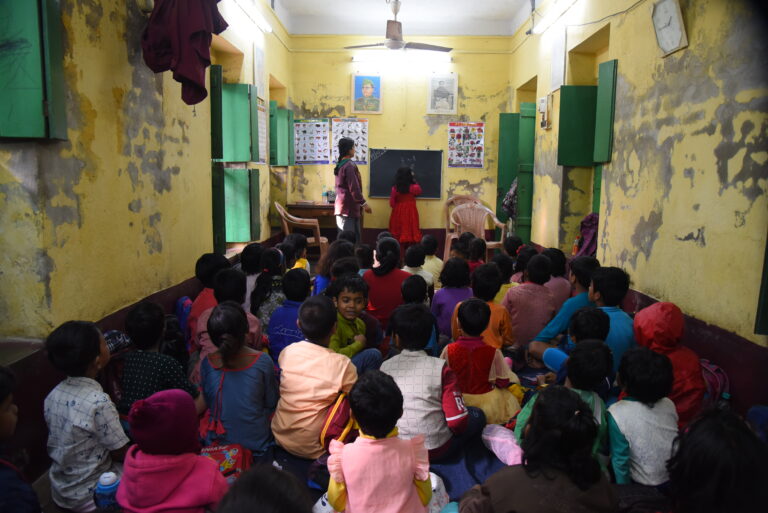
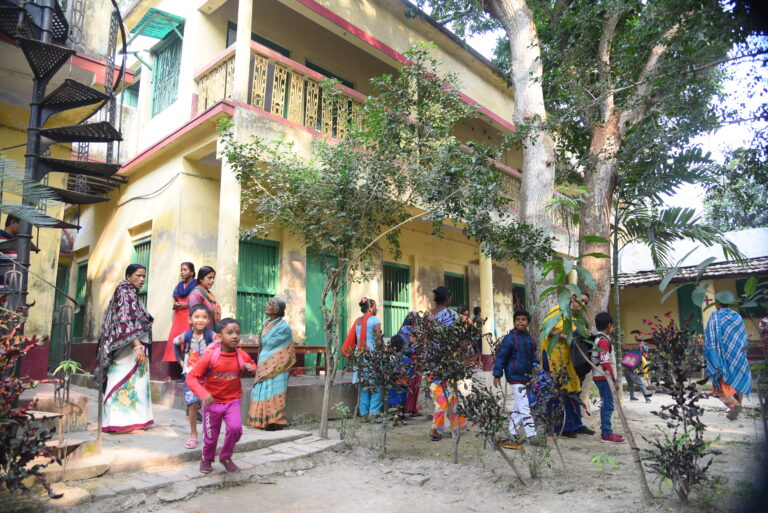

our main goals
- Increase access to Education
- Improve Educational Outcomes
- Ultimately reduce poverty and inequality
- Promote Social Justice
- Empower Communities
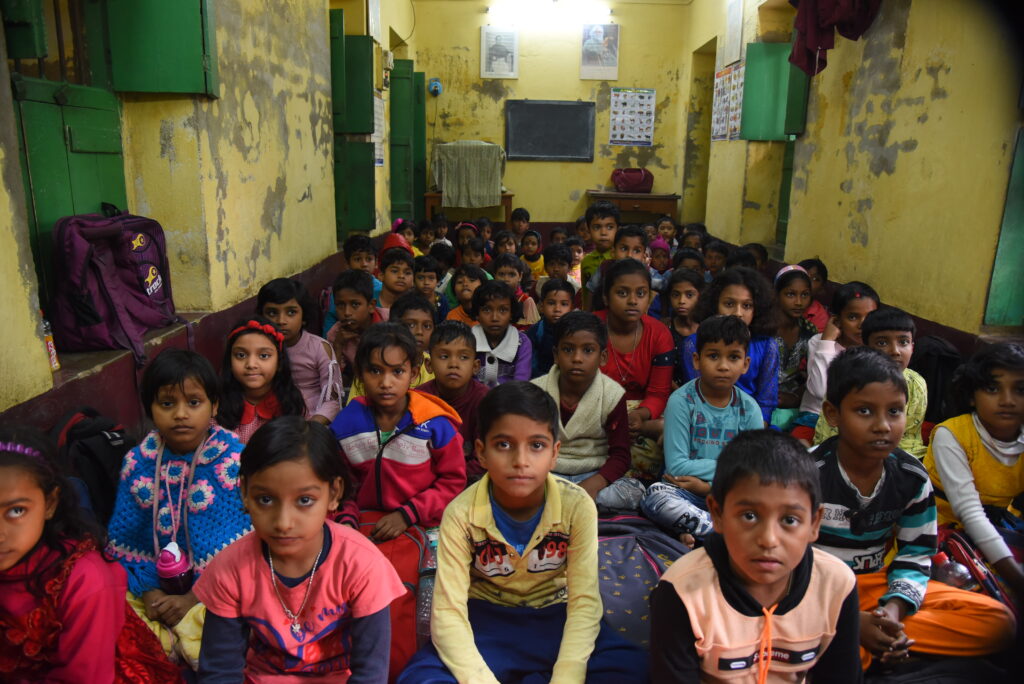
Primary School at Banipur
Project Aim
